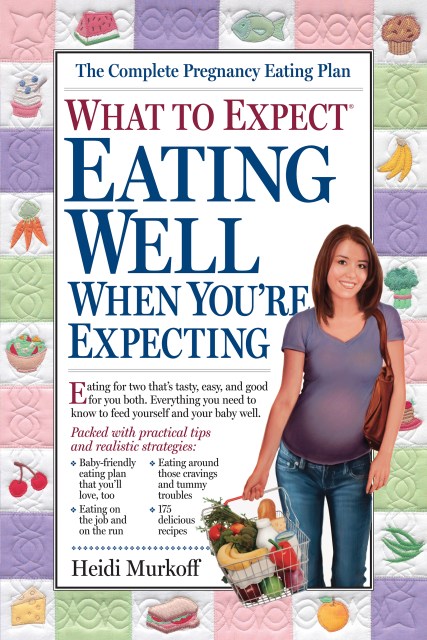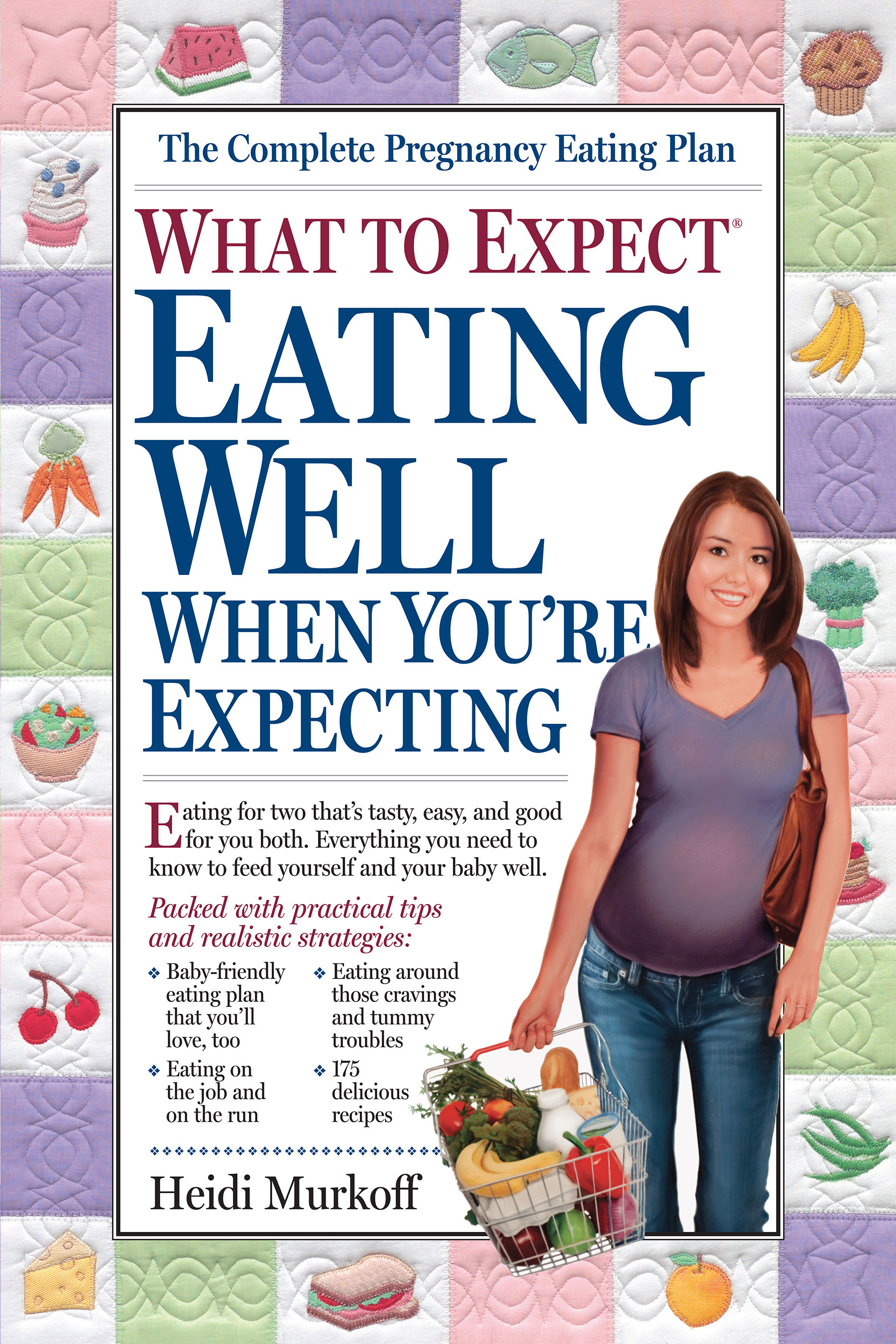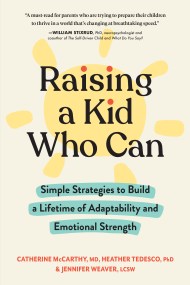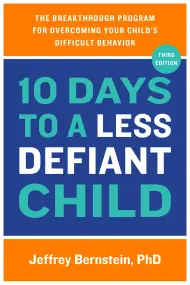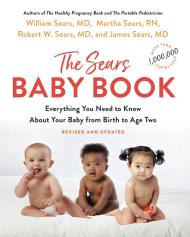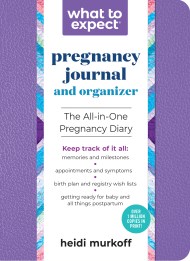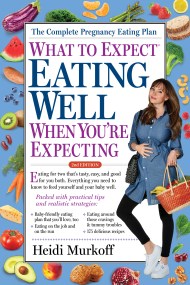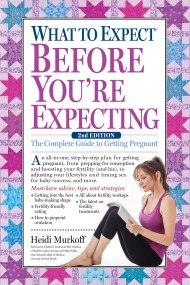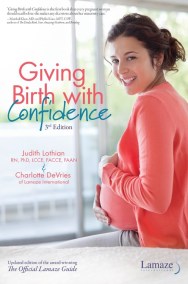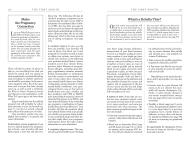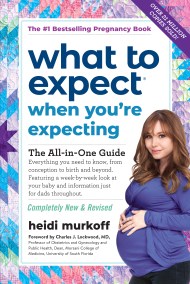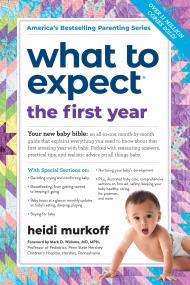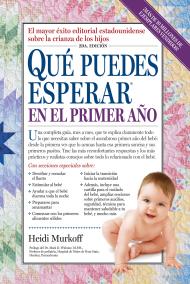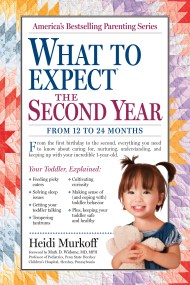Promotion
Use code MOM24 for 20% off site wide + free shipping over $45
What to Expect: Eating Well When You're Expecting
Contributors
Formats and Prices
Price
$9.99Price
$12.99 CADFormat
Format:
ebook (Digital original) $9.99 $12.99 CADThis item is a preorder. Your payment method will be charged immediately, and the product is expected to ship on or around May 2, 2005. This date is subject to change due to shipping delays beyond our control.
Also available from:
Announcing Eating Well When You’re Expecting, providing moms-to-be with a realistic approach to navigating healthily and deliciously through the nine months of pregnancy—at home, in the office, over the holidays, in restaurants. Thorough chapters are devoted to nutrition, weight gain, food safety, the postpartum diet, and how to eat when trying to conceive again. And, very exciting, the book comes with 150 contemporary, tasty, and healthy recipes that feed mom and baby well, take little time to prepare, and are gentle on queasy tummies.
A departure from its predecessor, What to Eat When You’re Expecting, which has 976,000 copies in print, Eating Well loses the whole-wheatier-than-thou attitude, and comes with a light, reader-friendly tone while delivering the most up-to-date information. At the heart of the book are hundreds of pressing questions every mother-to-be has: Is it true I shouldn’t eat any food cooked with alcohol? Will the caffeine in coffee cross into my baby’s bloodstream? Help!—I’m entering my second trimester, and I’m losing weight, not gaining. Is all sushi off limits? How do I get enough calcium if I’m lactose intolerant? I keep dreaming about a hot fudge sundae—can I indulge? Guess what: the answer is yes.
A departure from its predecessor, What to Eat When You’re Expecting, which has 976,000 copies in print, Eating Well loses the whole-wheatier-than-thou attitude, and comes with a light, reader-friendly tone while delivering the most up-to-date information. At the heart of the book are hundreds of pressing questions every mother-to-be has: Is it true I shouldn’t eat any food cooked with alcohol? Will the caffeine in coffee cross into my baby’s bloodstream? Help!—I’m entering my second trimester, and I’m losing weight, not gaining. Is all sushi off limits? How do I get enough calcium if I’m lactose intolerant? I keep dreaming about a hot fudge sundae—can I indulge? Guess what: the answer is yes.
Genre:
- On Sale
- May 2, 2005
- Page Count
- 470 pages
- Publisher
- Workman Publishing Company
- ISBN-13
- 9780761151029
Newsletter Signup
By clicking ‘Sign Up,’ I acknowledge that I have read and agree to Hachette Book Group’s Privacy Policy and Terms of Use
